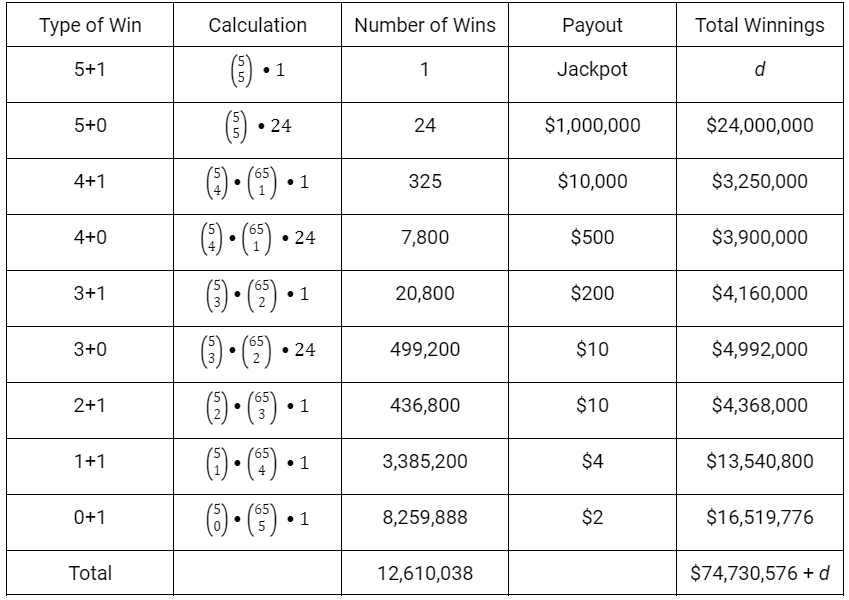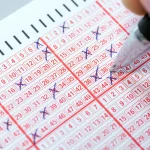
Lottery tickets have long been a source of excitement and anticipation, promising the possibility of life-changing winnings
Behind the allure of these games of chance lies a world of mathematics, probabilities, and strategies. In this article, we delve into the mathematical foundations of lottery tickets, exploring the intricacies of odds, probabilities, and the strategies that players employ to enhance their chances of winning
1. Understanding the Odds:
Lottery tickets operate on the principle of probability. The odds of winning a lottery prize are determined by the number of possible outcomes and the specific combination required to win. The larger the pool of numbers and the more specific the winning combination, the lower the odds of winning. Understanding the odds is crucial in managing expectations and making informed decisions about participating in lottery games.
2. Probability and Prize Tiers:
Lottery games often feature multiple prize tiers, each with its own probability of winning. These prize tiers are structured based on the probability of matching a certain number of numbers correctly. Players can study the probability distributions for each prize tier to assess the likelihood of winning different levels of prizes. This understanding enables players to make strategic choices about which games to play and how to allocate their resources.
3. Strategies for Maximizing Chances:
While lottery games are largely games of chance, players can employ strategies to optimize their chances of winning. One common strategy is to pool resources and participate in group play, which allows for the purchase of a larger number of tickets and increases the odds of winning. Additionally, some players utilize statistical analysis to identify patterns or trends in past winning numbers, although the effectiveness of such strategies remains debatable.
4. The Role of Randomness:
Lottery tickets rely heavily on randomness, which adds an element of unpredictability to the outcomes. The use of random number generators ensures that each draw is independent and unbiased. The concept of randomness underscores the fairness of the game and enhances the excitement and suspense associated with each drawing. However, it also means that every ticket has an equal chance of winning, regardless of any patterns or strategies employed.
.5 Responsible Gambling:
Understanding the mathematics behind lottery tickets can help foster responsible gambling practices. Recognizing the odds and probabilities can prevent excessive spending on tickets and help individuals make informed decisions based on their personal risk tolerance. By approaching lottery games with a clear understanding of the underlying mathematics, players can engage in the activity as a form of entertainment while maintaining a healthy perspective.
Conclusion:
The world of lottery tickets is intricately intertwined with mathematics, probabilities, and strategies. By understanding the odds, probabilities, and employing strategic approaches, players can make informed choices and optimize their chances of winning. However, it is important to remember that lottery games are ultimately games of chance, and the role of randomness cannot be ignored. The mathematics behind lottery tickets offers valuable insights into the mechanics of these games, providing players with the tools to engage responsibly and enjoy the excitement while managing expectations.

